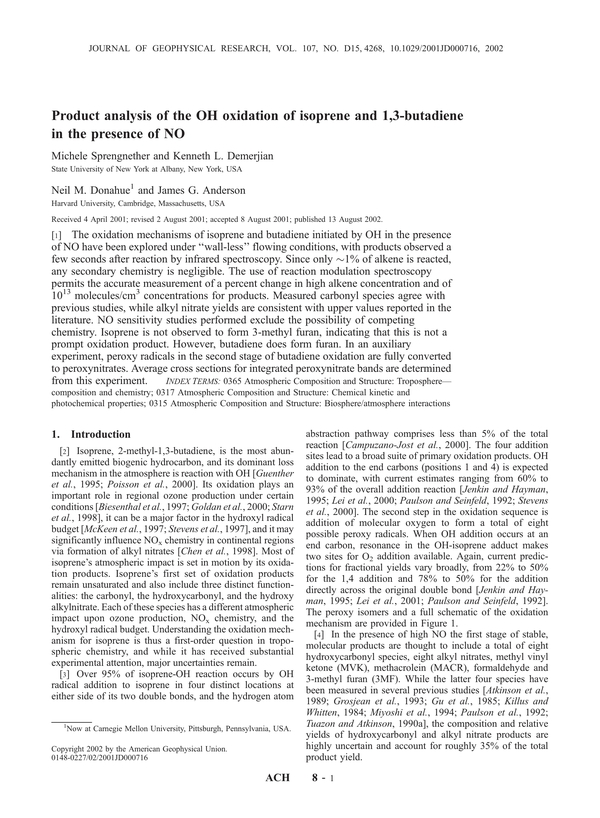9+ Product Knowledge Examples to Download
No one really knows everything. Even when you think you do, you don’t. That goes for the simplest of things; if you don’t understand how to use it, you’re only wasting your time. Knowing what something is for makes it more effective. Imagine using a hammer to dice onions; it’s just heartbreakingly wrong. If you don’t know how to get something to work, you should probably use a product that you actually understand. That’s why product knowledge is so important, without product analysis, you’re just rendering something useless and irrelevant. The ability to make the most out something mundane, now that’s an exceptional talent.
Product knowledge is exactly as it sounds, your knowledge about the product. Knowing the functions, features, benefits, and limitations of an object is all part of product knowledge. This doesn’t just apply to products; this also refers to your services. Understanding your product helps you present it to clients and investors who show interest in your idea. Product knowledge helps in marketing your product and making your users clearly and comprehensively understand what it is. This is vital for all jobs, including retail, marketing, and customer service. If you know every detail of your product or service, then you’ve got nothing to worry about.
Bewitching Benefits
There are many benefits to product knowledge. Mainly, they help you sell your products faster. It can improve the company in many ways; these are just the common few.
Communication – Knowing your product and services helps you communicate effectively with your clients. It can help sweet talk your way into persuading customers to buy your product.
Enthusiasm – If you’ve expressed the features and functions of your product exceptionally, you are sure to get your customers excited to get their hands on your product.
Confidence – Once you fully know your product, you will be confident enough to market it to anyone. Familiarity can lead to high sales.
Answers Questions – If customers have objections and questions about your product, your knowledge can equip you with the right answer.
9+ Product Knowledge Examples
Product knowledge documents can be tough to make. To help you out, here are multiple product knowledge examples and templates you can use.
1. Product Analysis Template

2. Product Competitive Analysis Template

3. Product Cost Analysis Template
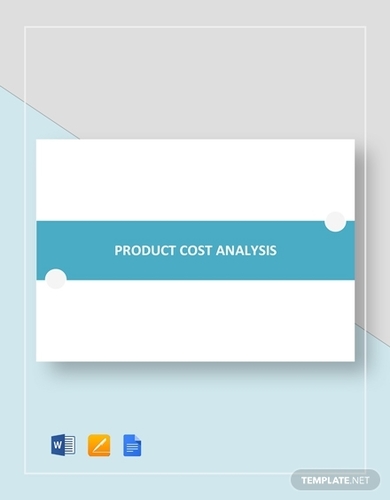
4. Product Market Analysis Template

5. Simple Product Cost Analysis Template
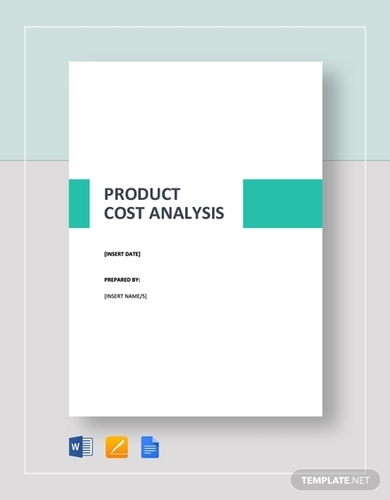
6. Free Cost Analysis Template
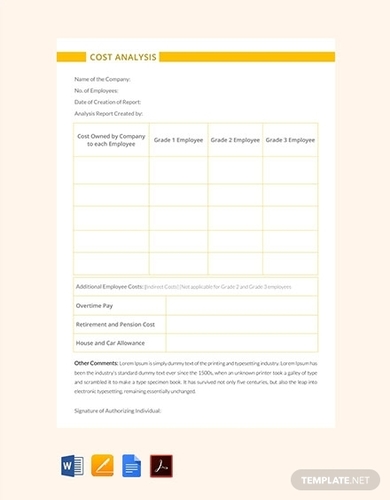
7. Free Competitive Analysis Template
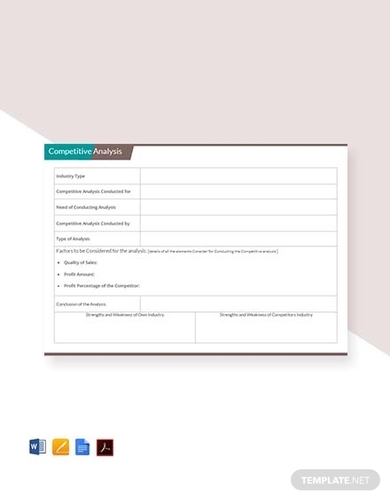
8. Free Market Analysis Template
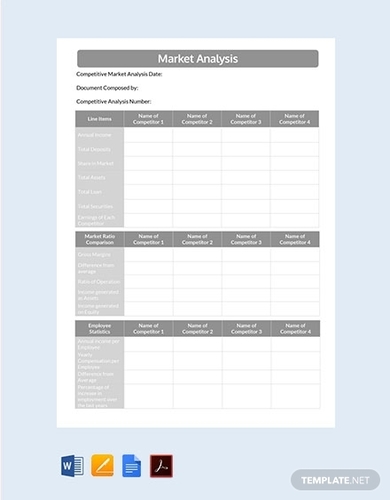
9. Product Analysis and Thermodynamic Simulations Template
10. OH Oxidation Product Analysis Template
How to Create a Good Product Knowledge Document
A seller who has no idea about his product is likely to gain no sales. Being well-versed in the benefits, risks, and technical reports of your products are necessary for making sure that you can market it to all your clients. There are many ways to ensure your team is knowledgeable about your products. Merely showing them diagrams and documents that contain all the details and process of your products is not enough. They don’t always take to mind what they read. Your team needs an in-depth way of gaining product knowledge. Why don’t you use these tricks to ready your team?
1. Practice Makes Perfect
Part of knowledge management is training your team, so they are familiar with your products and their functions. But teaching them once is not enough, there will be details they are bound to forget. To minimize the occurrence of this phenomenon, you have to consistently let your team undergo training to help them learn new information on the product and relearn information you believe they have forgotten. This also helps everyone level with each other. Training everyone will help them have the same basis of knowledge. You know what they say, practice makes perfect.
2. Try It Yourself
If you want to know about a gadget, the person you ask first is someone who has it or has used it before. How are you supposed to know about something if you haven’t actually tried it yourself? That just makes you seem like a know-it-all. To make sure your team knows how your products work, you should have them test it out themselves. This can give time to create a personal action plan about the products that can help them market it better. Exposing them to the product can help them provide more insight into it. You should also take note of their responses to the product.
3. The Roles We Play
Another training program for your team is to let them practice explaining the product to their fellow employees. This can be done by role-playing. Role-playing helps stimulate real-world scenarios. It may seem awkward at first, but it will give you the ability to talk about the product in your own way. If you can’t explain it to someone you know, imagine how much worse you’ll do when explaining it to a complete stranger. This also trains your employees to be fluent in defining your products to your clients.
4. Midas Touch
We all want to receive prizes and trinkets for accomplishing our tasks. This could also work when training your team. If you give your employees compensation for finishing training, you can keep them motivated to take things to absorb all the knowledge they got from practice and use it for work. You can also make a point system for their sales and training that they can trade in for prizes at the end of the month. Make them realize their hard work can turn into gold. Motivate your team to be productive, and you are sure to get the best results.
5. Get of Out Your Comfort Zone
Keeping your team locked up in a training room might not be the best choice for training. Dogs in cages don’t do a lot of exploring. You should send them off to the outside world. If you extend your practice beyond the walls of your office, your team can gain more product knowledge. Either through seminars or conventions, any corporate event for them to meet with other product specialists and review product presentations so they can learn things from each other, try out different products and make comparisons to help improve your product. Outside help can do your employees so much good.
Good sales analysis reflects how well you know your products. Don’t be afraid to converse with your customers. Be honest with your shortcomings without overshadowing the good sides. Make them believe your product features are beneficial without exaggerating. Keep this in mind, and you can get your products off the shelf as soon a possible.




